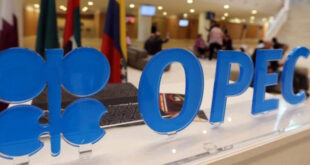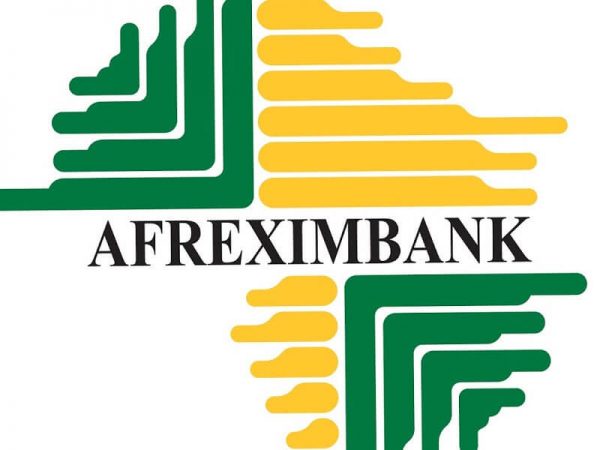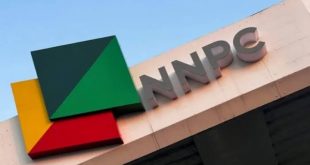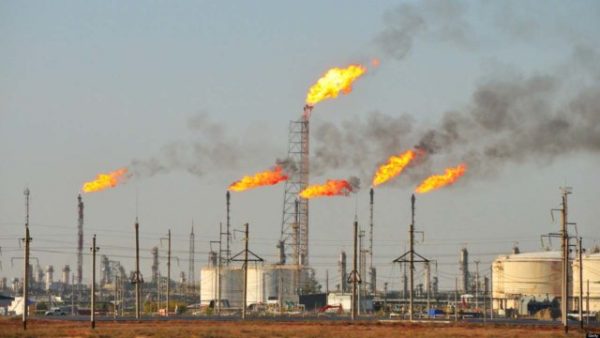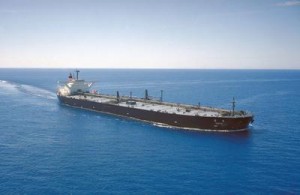
Nigeria, Africa’s largest producer of crude oil is cutting costs and more importantly, cutting the huge environmental degradation associated with the transport of crude oil through a maze of old and leaky pipelines to its four domestic refineries.
International Oil Companies (IOCs) operating in Nigeria and the state oil firm, the Nigerian National Petroleum Corporation (NNPC) regularly face attacks on their production or transportation assets since an insurgency began in 2006 by armed militants campaigning for increased local share of the oil producing area (or Niger Delta’s) wealth.
Today organised crime groups are drilling into the pipelines — in turn used to transport crude, gas and condensate — to tap oil into barges for local refining or for sale to vessels waiting offshore.
About 240,000 barrels of crude, close to what spilled in 1989 when the Exxon Valdez tanker ran aground off Alaska, leaks on average each year in the Niger Delta, where some of earth’s most lucrative oil deposits exist.

To bypass this daunting security and environmental challenge, the NNPC in December 2010 awarded a contract to PPP Fluid Mechanics (PPPFM) and Ocean Marine Solutions Limited (OMS) for the transportation of oil by marine vessels from the Escravos terminal to Warri refinery through an international competitive bidding exercise that included 13 other companies.
Nigeria’s Warri and Kaduna refineries had been shut for 48 months before the engagement of PPPFM due to a lack of supply of crude oil feed stock.
Using the existing pipelines had become uneconomical for the NNPC which spent an average of $121 million to maintain and repair the Escravos to Warri broken crude oil pipeline that had an unusually high and environmentally damaging 40 percent loss of crude oil pumped through it.
IOCs had previously borne the brunt of the sabotage but now it is equally beginning to hit the Nigerian economy.
Shell’s former CEO, Peter Voser, mentioned in 2013 that the company had “seen a marked escalation in security problems and theft in Nigeria in 2013,” which could lead to a loss of “$12bn for the Nigerian government on an annualised basis”.
The Nigerian economy, with more than 170 million people, grew at around 7 percent annually, between 2010 and 2014; however energy constraints remain the major hurdle that could hold back future growth.
The NNPC says maintaining vital energy supplies was the major reason for the PPPFM contract for transportation of crude oil using marine vessels awarded at a cost of $3.87 per barrel.
A separate dedicated surveillance contract for the provision of six security boats was awarded to OMS for an average cost of $1.5 per barrel.
Within the delta, about 5,280 oil wells are linked by 7,000 kilometres (2,700 miles) of pipelines.
“It is perhaps not well understood by outside observers how diverse and complex the region is. There are about 40 different ethnic groups speaking 250 languages and dialects, living in over 13,000 settlements. According to GTZ estimates based on National Population Commission data, the overall population of the Niger Delta stands at over 30 million people and is expected to exceed 45 million people by 2020,” Ildar Davletshin, an oil and gas analyst at Investment Bank, Renaissance Capital, said in a May 2014 report.
Once-rich alluvial soils of the delta are however no longer viable for crops, as more than a half-century of oil production and related damage continue to take a toll.
The amount of spoiled water has grown with discoveries of cadmium, lead, chromium and nickel in dozens of Delta Rivers above “maximum contaminant levels” set by the U.S. Environmental Protection Agency, according to a 2010 study by the Environmental Chemistry and Toxicology Research Unit of the Nnamdi Azikiwe University in the Southern city of Awka.
A report in 2011 by the United Nations Environment Programme found measurements of the carcinogen, benzene, in Niger Delta water wells surpassed World Health Organization recommendations.
To help reverse some of these damaging environmental issues, as well as manage its resources better, the NNPC invited PPPFM and OMS to widen its operations to cover the much larger 210,000 barrels a day Port Harcourt refinery (where pipeline losses are estimated at 70 – 80 percent), with new mandates that included offshore sea protection, offshore compulsory terminal pilotage, and dedicated security surveillance.
The enlarged contract was undertaken at a cost of $5.68 per barrel, according to data from the NNPC.
Checks show that the transportation contracts with PPPFM and OMS are favourable when compared to North America, where crude oil is mostly transported by pipelines or rail.
Across North America (USA and Canada) it costs as high as $21 per barrel of oil on rail, compared to $7 via pipeline, according to data from Platts, an American based provider of energy and metals information.
From 2011 to 2015 a total of 65.59 million barrels of crude oil have been delivered to Nigeria’s refineries by PPPFM and OMS.
Nigeria is estimated to have saved up to $3.2 billion from the PPPFM/OMS intervention, based on a calculation of between 40 and 80 percent loss, if the crude oil was pumped through the pipelines.
The cost savings from a lack of environmental degradation are probably ten times more.
Analysts admit that the oil transport deal is complex because it addresses both the security and the transportation risks but that it helped to halt huge losses that Nigeria had suffered as a result of pipeline vandalisation and the huge drop in production and crude oil supplies to the refinery.
“This complexity may well explain the ignorance of those who have been writing to suggest that the deal was favoured by the past administration,” said one oil industry operator.
Informed sources spoken to for this story said that the domestic crude oil transportation deal was purely a business transaction involving a sovereign state corporation and private sector operators who had the capacity to deliver on the deal.
“I can tell you that both PPPFM and OMS took calculated business risks entering these transactions. They could easily have gotten their fingers burnt because at the time they entered the transactions, not many were willing to touch it. It is sad that what has benefitted the nation immensely is now being misinterpreted and misrepresented by people who are acting in ignorance,” another analyst said.
 MMS PLUS NG – Maritime, Aviation, Business, Oil and Gas News Online Newspaper with coverage in Maritime, Oil and Gas, Aviation, Power and Energy as well as Financial News
MMS PLUS NG – Maritime, Aviation, Business, Oil and Gas News Online Newspaper with coverage in Maritime, Oil and Gas, Aviation, Power and Energy as well as Financial News




